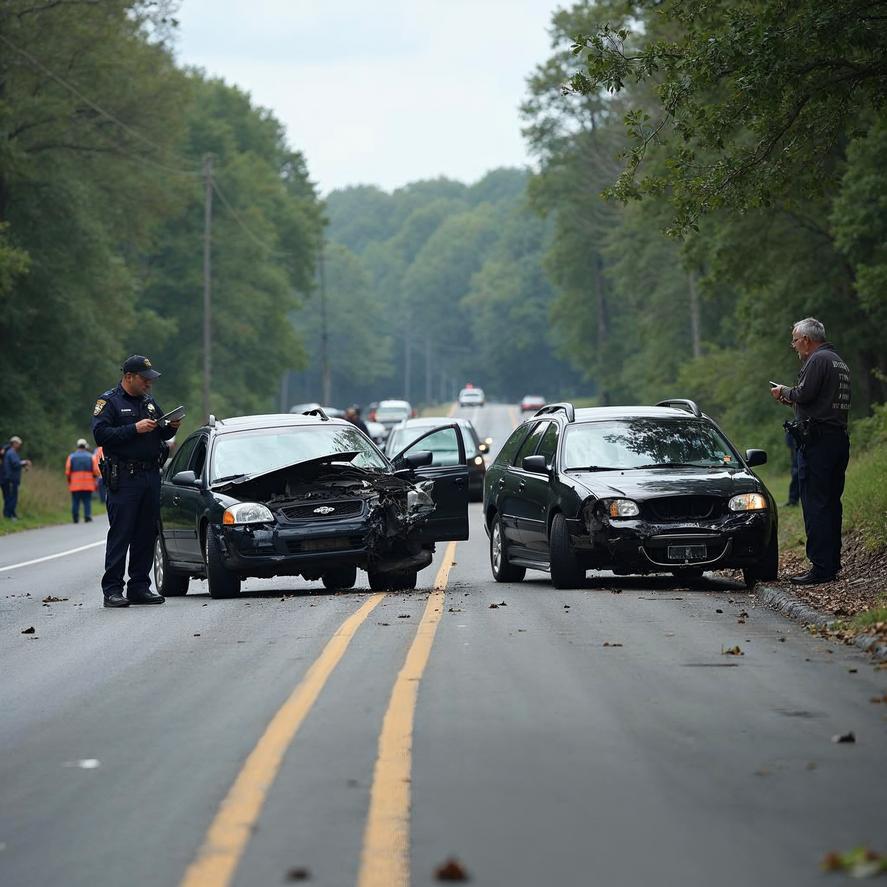
Unfortunately, based on your response, you may not qualify to file a claim. Most personal injury cases must be filed within two years of the accident, in accordance with the statute of limitations. Please consult with a licensed attorney to explore any possible exceptions or additional options.
Rear-end collisions are among the most common types of car accidents in Pennsylvania. These accidents occur when one vehicle crashes into the back of another. Understanding how to navigate the claims process after such incidents is crucial to ensure you receive the compensation you deserve.
Rear-end crashes typically happen due to factors like distracted driving, tailgating, sudden stops, and adverse weather conditions. Pennsylvania's roadways can be challenging, especially during winter months, making rear-end collisions more frequent.
Immediately after a rear-end accident, ensure your safety and the safety of others. Move to a safe location if possible, call emergency services if anyone is injured, and document the scene thoroughly. Taking photos and gathering witness information is important for your claim.
Proper documentation strengthens your claim. Collect details such as:
Filing a rear-end collision claim involves notifying your insurance company and possibly the at-fault party's insurer. Pennsylvania follows comparative negligence rules, which may affect the settlement amount if you are found partly at fault.
It's important to understand the timeline and requirements to avoid claim denials. For detailed guidance on the claims process, consider consulting resources like understanding claims after a rear-end accident.
Complex cases, serious injuries, or disputes about fault may necessitate hiring an experienced attorney. You can also review advice on when to hire a lawyer to determine if legal representation is right for your situation.
Pennsylvania is a comparative negligence state, meaning your compensation may be reduced by your percentage of fault. Awareness of the statute of limitations, typically two years for personal injury claims, is vital to timely filing.
Insurance companies will evaluate the damages based on vehicle repair costs, medical expenses, lost wages, and pain and suffering. Utilizing a settlement calculator or professional guidance can help estimate a fair compensation amount.
Preventing rear-end collisions involves maintaining safe following distances, avoiding distractions, and driving cautiously in poor weather. For more on accident prevention and documentation, exploring related topics like evidence needed to support accident claims can be beneficial.
Understanding the nuances of rear-end collision claims in Pennsylvania empowers you to effectively manage your case and pursue appropriate compensation. Staying informed about state-specific laws and documenting your accident carefully can make a significant difference.
For authoritative information on vehicle safety and accident statistics, visit the National Highway Traffic Safety Administration.
Unfortunately, based on your response, you may not qualify to file a claim. Most personal injury cases must be filed within two years of the accident, in accordance with the statute of limitations. Please consult with a licensed attorney to explore any possible exceptions or additional options.